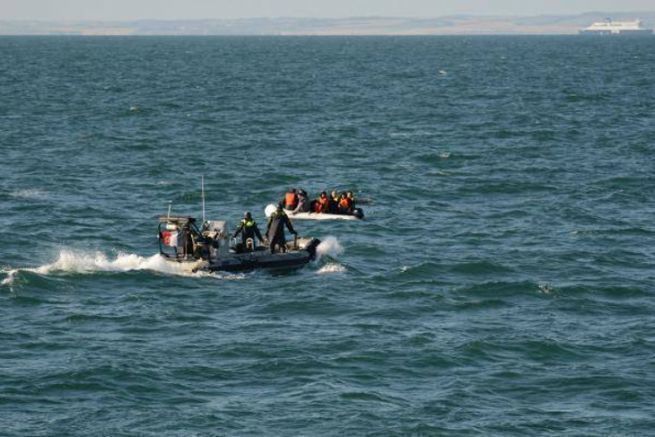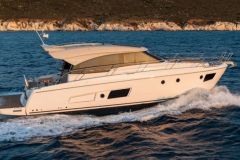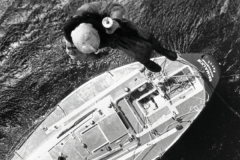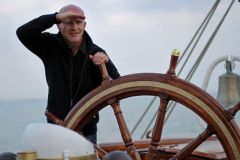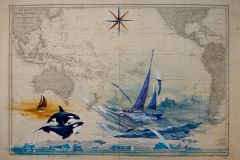Dying at sea in search of a better life
For boaters, going to sea is a moment of pleasure and excellence. Proud - and rightly so - of the boats they use, they exploit the maritime environment for fun and enjoyment. They have the particularity, for the most part, to cast off from a land where they feel good, and that's good. This well-being contributes to the economy and to the success of companies, in France or elsewhere.
The 27 people who perished at sea did not have this opportunity for pleasure or well-being and decided, at the risk of their lives, to go to sea. They did not do it for pleasure, but pushed by necessity, which must necessarily question us as boaters.
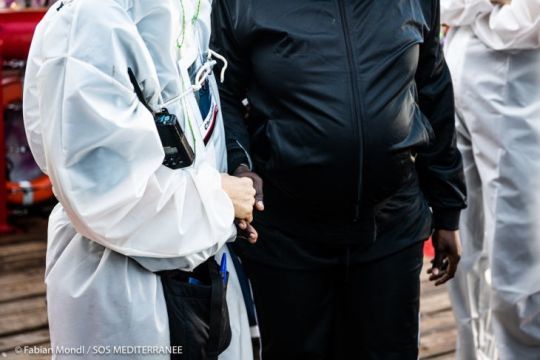
The solidarity of the seafarers must operate
During the last article I wrote about these refugees, I received a lot of hateful comments on the social networks. Among these comments, some proposed, I quote " that we sink these boats with their occupants on board ", others " that they are given unbalanced compasses ".
Without getting into the political choices to respond to the emergency, it is obvious that these kinds of comments undermine a foundation of the maritime community. People who have learned the rules of life on the water, who know SOLAS and RIPAM, have, tacitly by becoming boaters, accepted the social contract, this famous " solidarity of seafarers ".
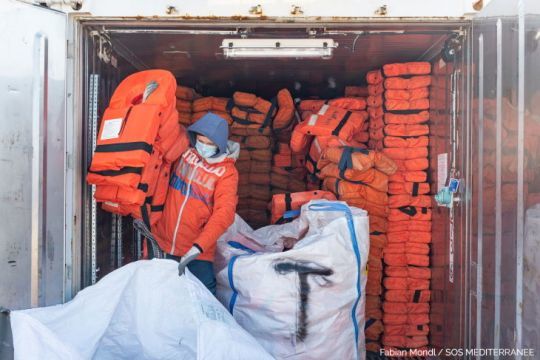
This solidarity must be exercised today more than ever. These 31 people who died at sea are 31 people that we could have assisted or rescued if we had come across them on the water, if only by reporting their presence to the authorities. Of course, this is also preventing them from reaching their goal, which is undoubtedly the other side of the virtuous coin of the proposed security. But living in France while waiting for a solution or dying in the Pas-de-Calais Strait are two options of which only one is acceptable to sea users about other sea users. For human beings about other human beings.
The authorities are overwhelmed
The authorities are largely overwhelmed by the situation. There is no good solution and it is not the responsibility of a nautical publication to imagine one. On the other hand, it is the responsibility of citizen journalists who, every day, talk about the real pleasure of being on the water and the functioning of this activity to take their pen and speak, to suggest that everyone becomes aware of the drama that is unfolding under our bows and to remind us of our common responsibility, as human beings and then as recreational boaters.
Humans
This post is not very cheerful and does not propose a solution. It just proposes a human and supportive look for these people.
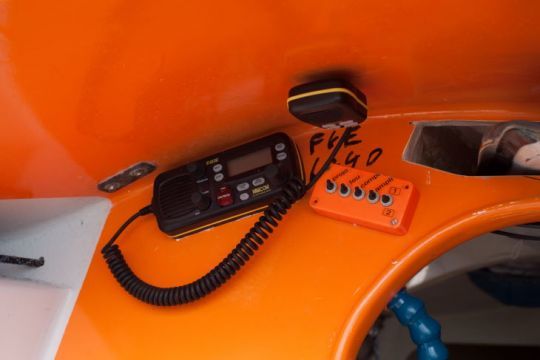
Pick up the phone to dial 196, pick up the VHF to call 16. These are the only things that boaters can do with their limited means.
If only one calls, it will be just another rescue. If ten, a hundred or a thousand boaters call, it will be a tremendous show of solidarity from a community that knows too much about common sense, solidarity and friendship.
